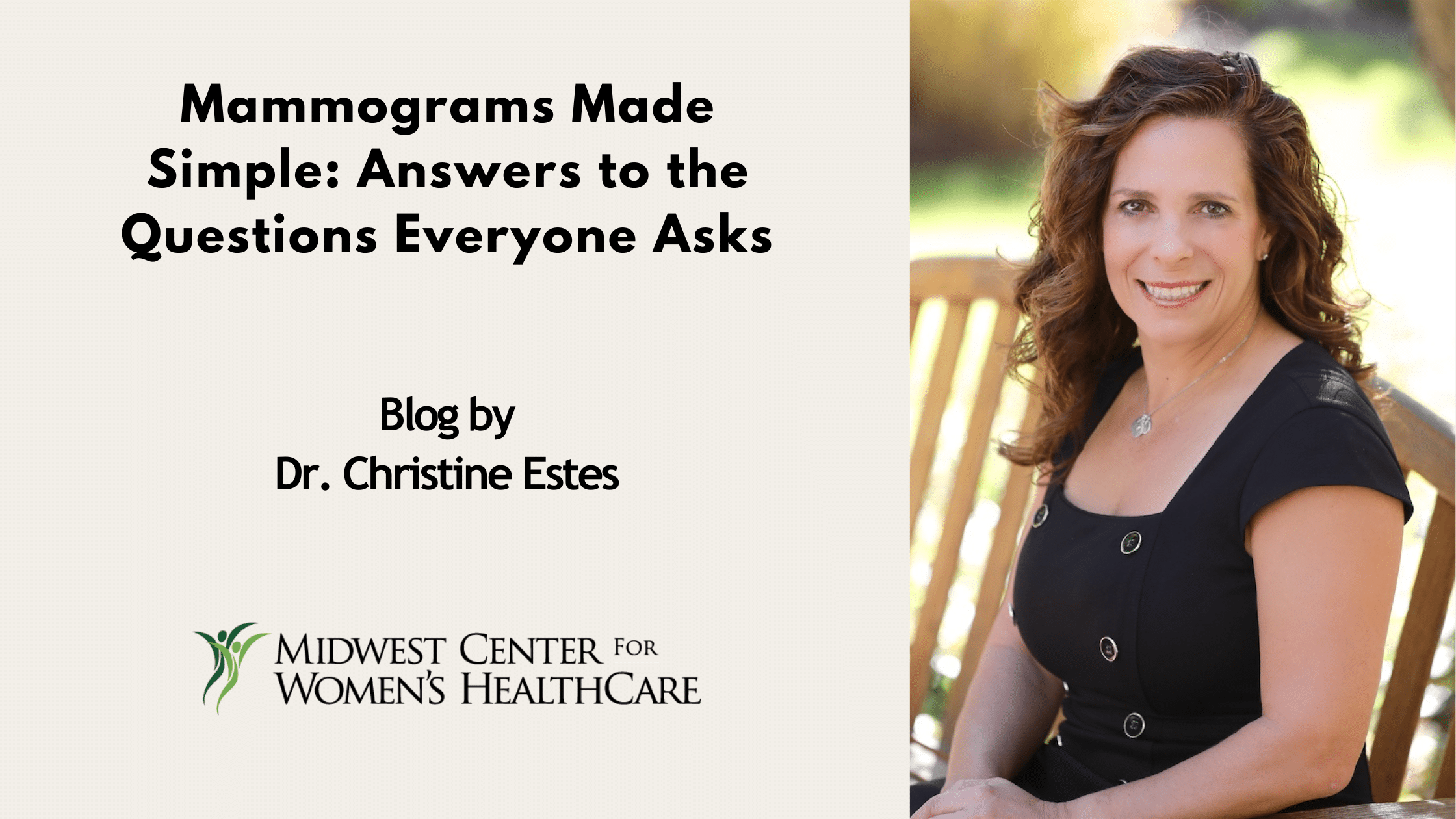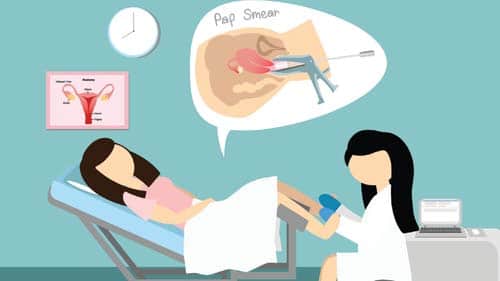Understanding Fibroids: Signs, Symptoms and Management
Fibroids, also known as uterine leiomyomas, are non-cancerous growths that develop in or on the uterus. They are common, particularly among women of reproductive age. While many fibroids are asymptomatic and discovered incidentally during routine examinations, some can cause significant discomfort and complications. The good news is that there are numerous treatment options available for women with fibroids that can provide pain relief and, in some cases, permanently remove fibroids to improve one’s quality of life.

Symptoms of Fibroids
The symptoms of fibroids can vary depending on their size, location, and number. Common signs and symptoms include:
- Heavy Menstrual Bleeding: One of the most prevalent symptoms of fibroids is heavy menstrual bleeding known as menorrhagia, which can lead to prolonged periods and excessive menstrual bleeding.
- Pelvic Pain and Pressure: Women with larger fibroids may experience pelvic discomfort or a sense of heaviness in the lower abdomen.
- Frequent Urination: Fibroids pressing on the bladder can increase the frequency and urgency of urination.
- Constipation: Pressure on the rectum can cause difficulty with bowel movements.
- Back and Leg Pain: In some cases, fibroids can press on nerves, leading to pain in the back and legs.
- Pain During Intercourse: Some women report dyspareunia, or pain during sexual intercourse, particularly with fibroids near the cervix.
- Reproductive Issues: Although rare, fibroids can cause complications during pregnancy and may contribute to infertility in some cases.
Managing Symptoms and Feeling Better
While not all fibroids require treatment, there are several ways to manage symptoms and improve quality of life:
Medications:
-
- Hormonal Therapies: Birth control pills/patches/rings, gonadotropin-releasing hormone (GnRH) agonists & antagonists, and progestin-releasing intrauterine devices (IUDs), as well as progesterone injections and implants can help regulate menstrual cycles and reduce bleeding.
- Non-Hormonal Options: Nonsteroidal anti-inflammatory drugs (NSAIDs) can alleviate pain and reduce inflammation. Tranexamic acid can help by decreasing menstrual flow.
Lifestyle Changes:
-
- Diet and Exercise: Maintaining a healthy weight and eating a balanced diet rich in fruits, vegetables, and whole grains can support overall well-being.
- Stress Management: Techniques such as yoga, meditation, and deep-breathing exercises can help manage stress, which may exacerbate symptoms.
Minimally Invasive Procedures:
-
- Endometrial Ablation: A technique that destroys the lining of the uterus to reduce menstrual bleeding. This procedure can be done safely in-office.
- Laparoscopic Radiofrequency Fibroid Ablation: The fibroids are identified with a laparoscopic camera and ultrasound, and ablated with cautery.
- Uterine Fibroid Embolization (UFE): This procedure involves cutting off the blood supply to the fibroids, causing them to shrink.
- Myomectomy: The surgical removal of fibroids while preserving the uterus, suitable for women who wish to retain fertility.
- Hysterectomy: The complete removal of the uterus, which is a definitive solution for women with severe symptoms who do not plan to have children.
Complementary Therapies:
-
- Acupuncture: Some women find relief from symptoms through acupuncture.
- Herbal Supplements: While not scientifically proven, certain herbal remedies like green tea extract and chasteberry may offer symptom relief for some women.
Conclusion
Fibroids are a common condition that can significantly impact a woman’s quality of life. Recognizing the signs and symptoms early and exploring various treatment options can help manage the condition effectively. It’s essential to work closely with a healthcare provider to determine the best course of action tailored to individual needs and preferences. By combining medical treatments, lifestyle adjustments, and possibly complementary therapies, many women can find relief and improve their overall well-being.
About The Author
Dr. Dianna Kim, a board-certified Obstetrician-Gynecologist and surgeon, specializes in helping patients suffering from fibroids. Her expertise in prenatal care, gynecologic care and minimally invasive surgery, including daVinci robotic surgery, has benefited her patients for more than 20 years. She earned her medical degree at the University of Illinois at Chicago and completed her medical residency at St. Joseph Hospital in Chicago.
Dr. Kim sees patients and conducts in-office procedures at her Vernon Hills office. She delivers babies and performs surgeries at Advocate Condell Medical Center in Libertyville.
Outside the office, Dr. Kim enjoys exploring the globe, travelling to many places throughout the world, participating in medical missions abroad in Latin America, and spending time with her family.
To schedule an appointment with Dr. Kim, please call (847)918-7050 or use the self-scheduling links provided below.





